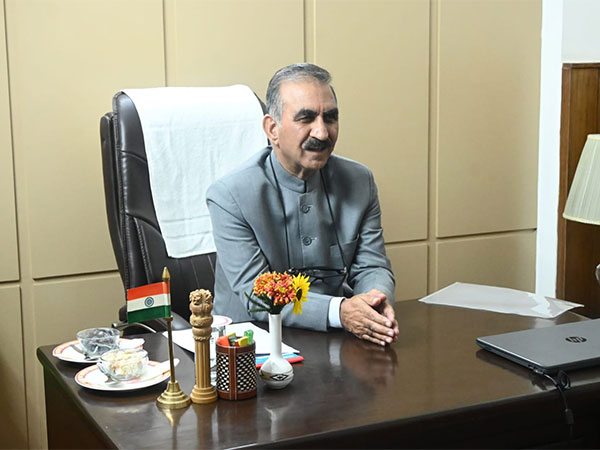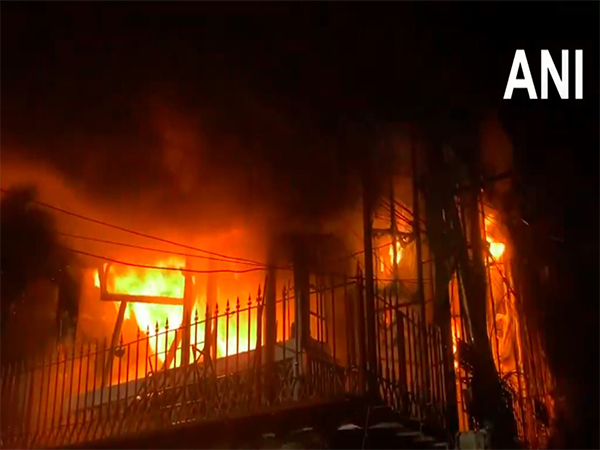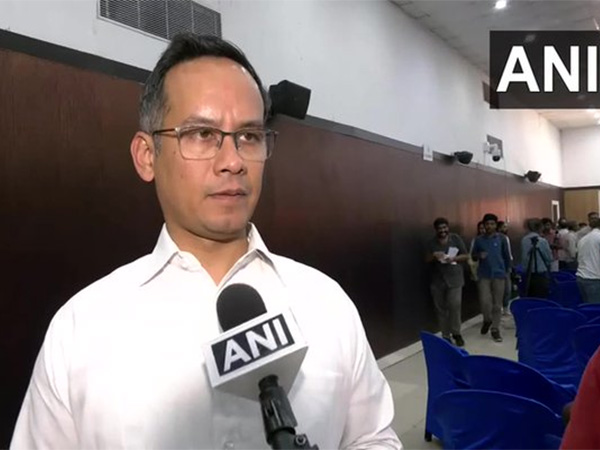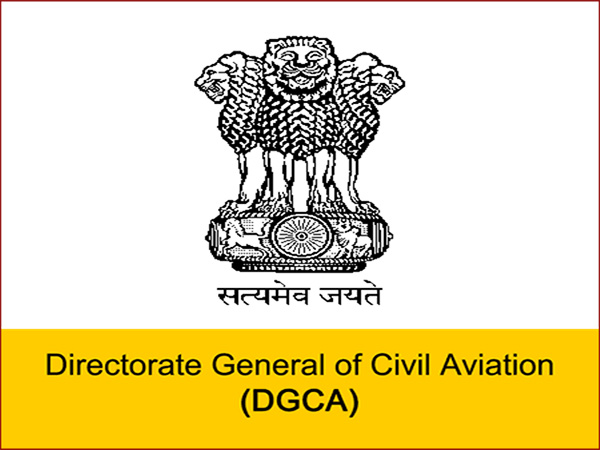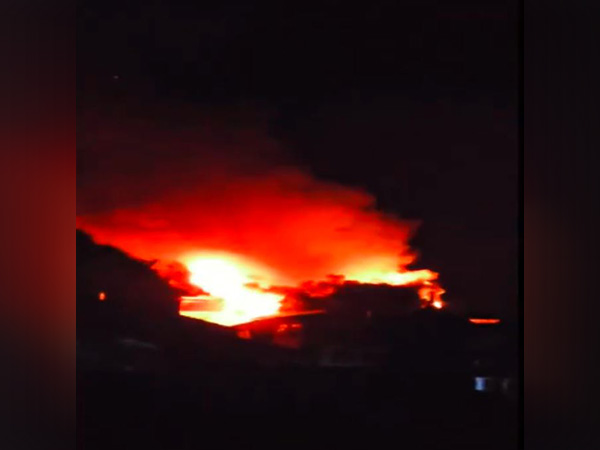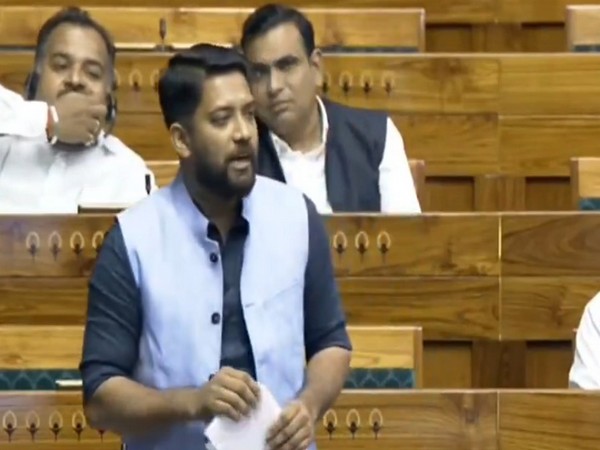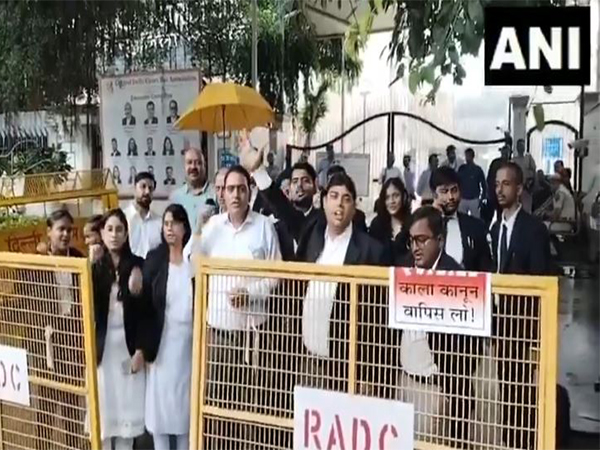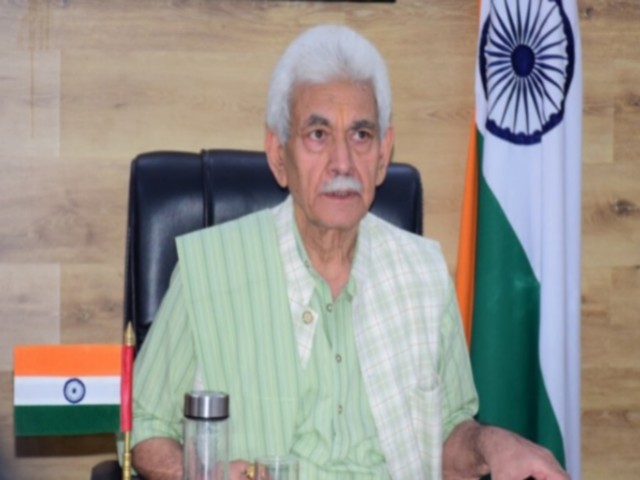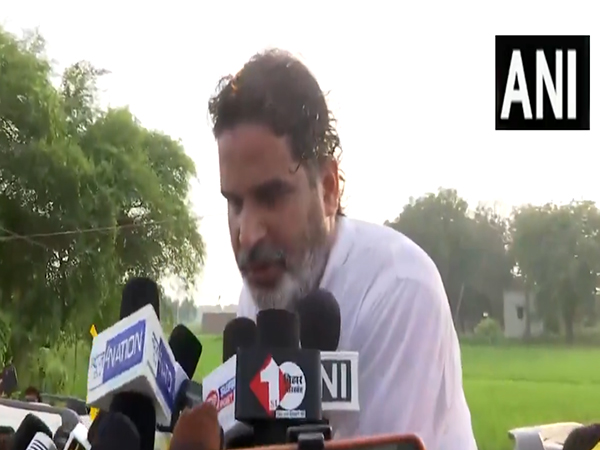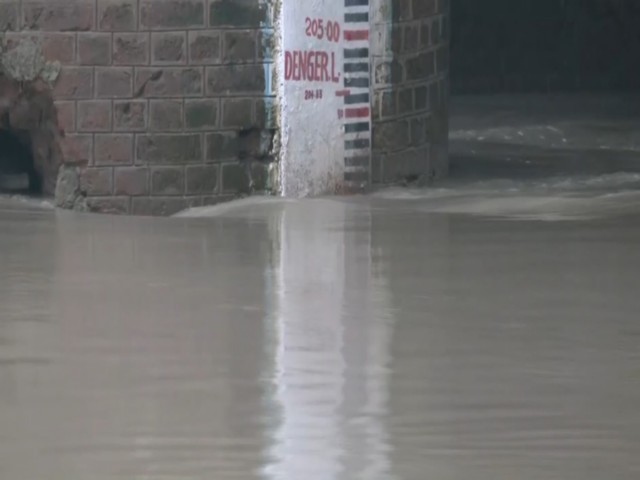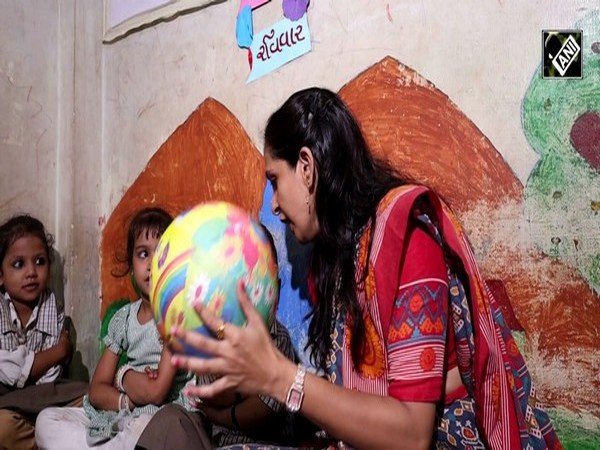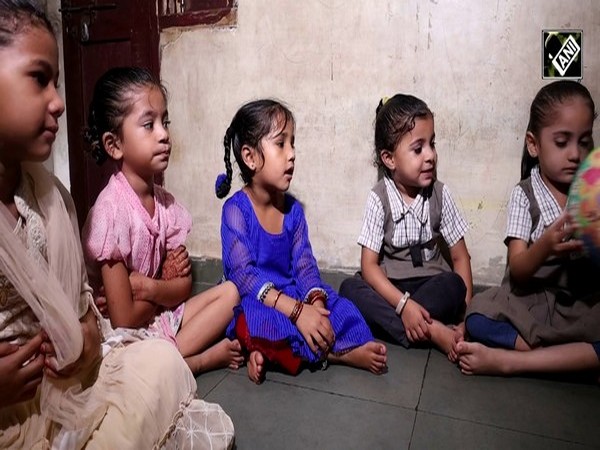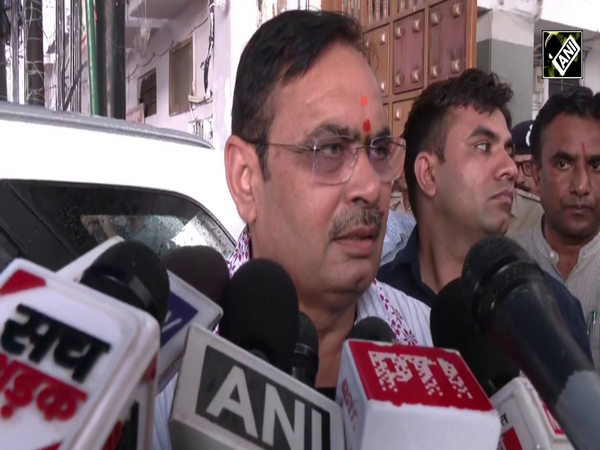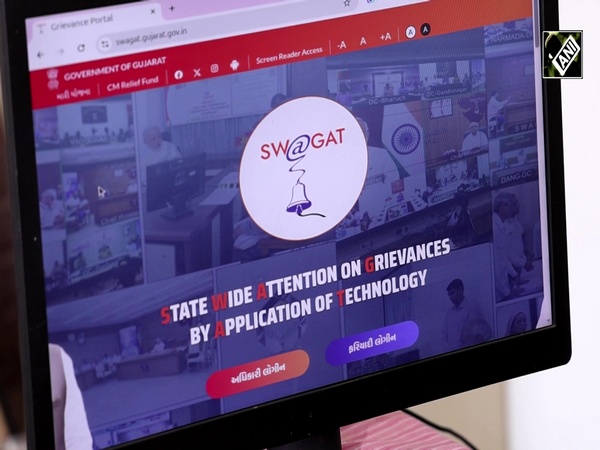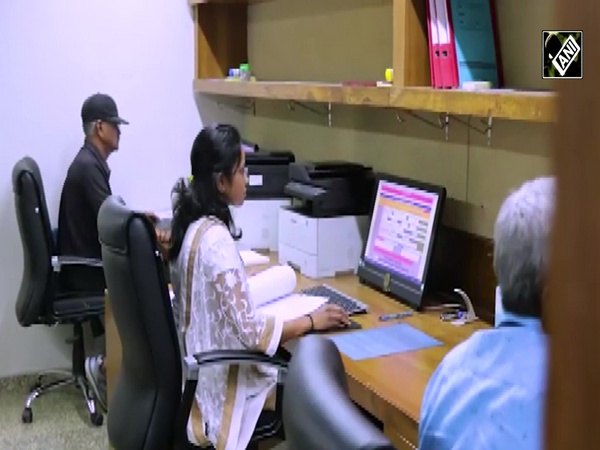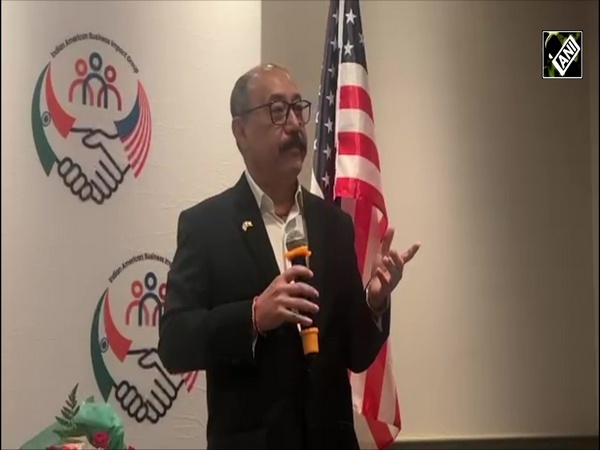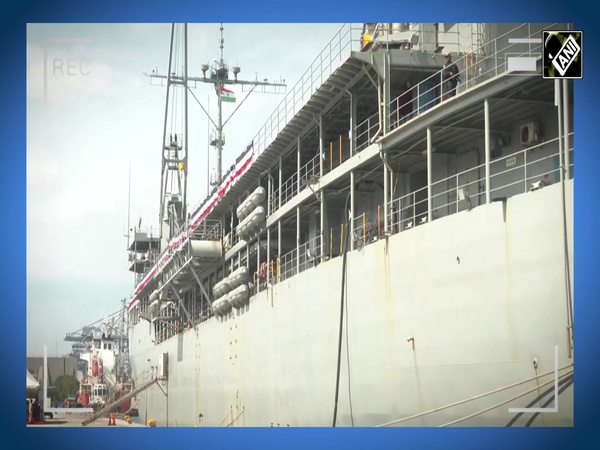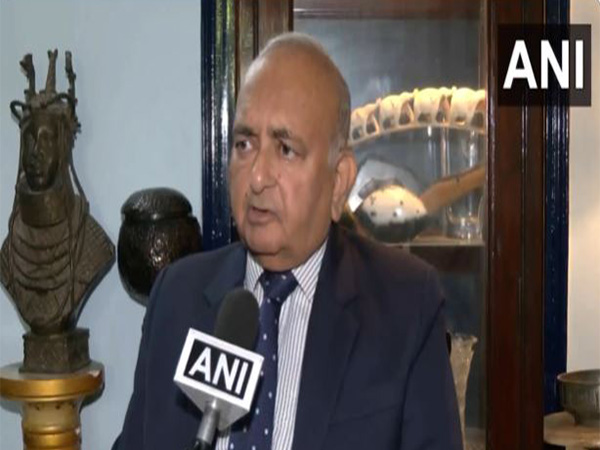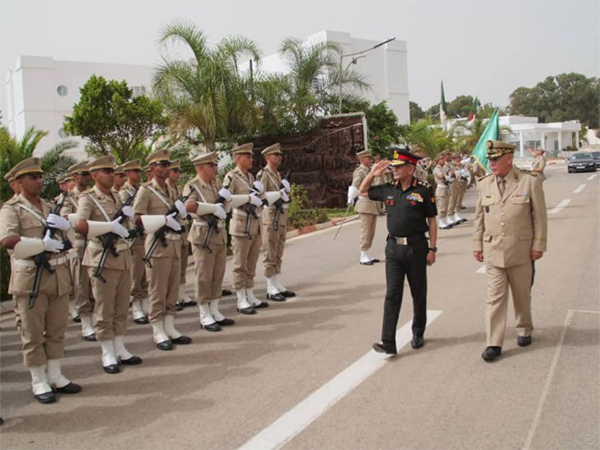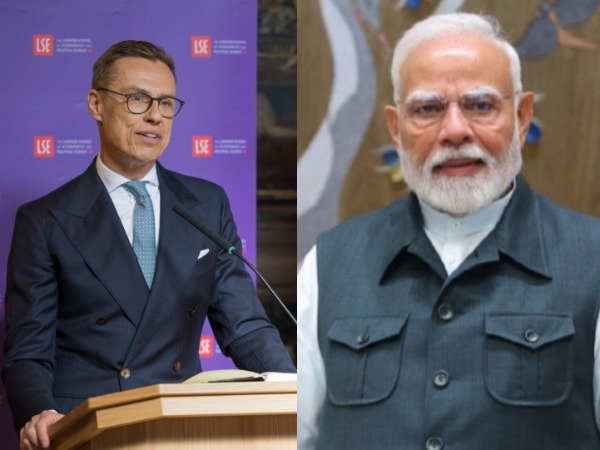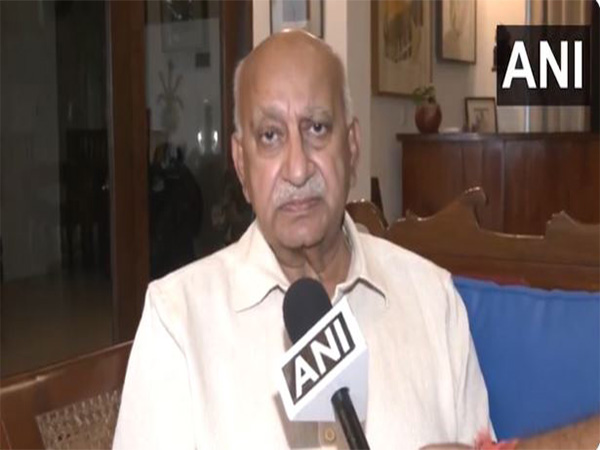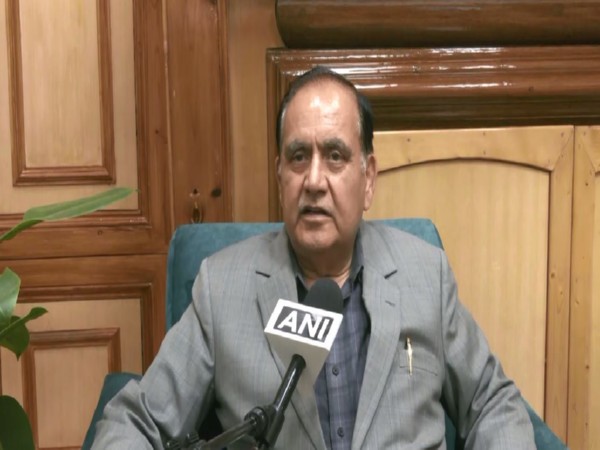
Himachal Speaker convenes high-power meet as rains leave thousands stranded
Aug 27, 2025
Shimla (Himachal Pradesh) [India], August 27 : The Speaker of Himachal Pradesh Assembly, Kuldeep Singh Pathania, said that he has called a high-power meeting in the Assembly complex on Thursday as the flood and rain situation in the state had worsened over the past few days, with Chamba and Kullu among the worst-affected districts, and connectivity snapped in several areas.
Speaking to ANI in Shimla, Speaker Kuldeep Singh Pathania said, "I have called a high-power meeting on Thursday in the Assembly complex with senior officials from the National Highways Authority of India (NHAI), the state PWD chief secretary, the PWD minister, and the Director General of Police".
"We will review the current damage situation across Himachal Pradesh and issue directions to NHAI", he added.
A day before convening the high-power meeting to assess the damage, Pathania revealed that around 4,000 to 5,000 pilgrims on the Manimahesh Yatra route were stranded at various locations due to road closures and communication breakdowns.
According to the Speaker, the Bharmaur region of Chamba district has been severely affected, with road connectivity and telephone services completely disrupted. "Even satellite phones are not working because they cannot be charged due to power outages," he said.
"Pilgrims on the Manimahesh Yatra are stuck in different places, some on their way up, some returning, and the administration, with the help of locals, has made arrangements for them", the Speaker said.
Pathania said the focus initially was on Mandi district, but heavy rainfall over the last three to four days has worsened conditions across the state.
"Some districts have lost all forms of connectivity, no roads, no mobile, no internet. Only satellite phones are available, and even those go dead when batteries drain," he noted.
The Speaker said Chamba is completely cut off from the rest of the country, while Kullu is partially isolated.
"The damage is widespread. The restoration work will take time, as the losses are: massive houses have collapsed, agricultural land has been washed away, and roads have been destroyed," he said, adding that heavy machinery had been deployed for restoration.
He emphasised that NHAI's responsibilities extend beyond construction to ensuring the safety and restoration of roads in the wake of disasters. "Where they are working, their accountability must be fixed," Pathania said. "We will ensure that restoration is done and that they compensate for losses where applicable. We cannot control natural disasters, but we can ensure that quality standards are maintained and construction is done scientifically." He said.
Pathania suggested that India's hill states, including Himachal Pradesh, Jammu and Kashmir, Uttarakhand, and the northeastern states, require a dedicated model for road and infrastructure development that considers geological sensitivities.
"We should learn from European models of mountain infrastructure. Retaining walls, geological studies, and scientific planning are essential. There is a need for legislation to enforce this," he said.
Speaking about the Manimahesh Yatra, he said, "The pilgrimage lasts 15-20 days, and we are now in the middle of it. Thousands of devotees from various states come here, especially from different parts of Himachal Pradesh. Due to heavy rains, roads are blocked in many places, cutting off access to Bharmaur from multiple directions." He added.
The Speaker also underlined that disaster management dominated the current Assembly session.
"For five days, the House has been discussing floods, rains, and their aftermath. In just four days, we have discussed this for 36 hours more than Parliament's 32-hour session. There is consensus among members, and both the Assembly and the government are serious about addressing it. Legislation on this issue may be necessary," Pathania said.
